Electoral College
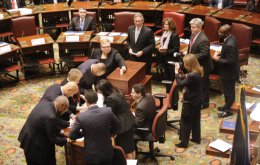 As broken as the American political system is, things could be a lot worse.
As broken as the American political system is, things could be a lot worse.
It is obvious the partisan divide has become a chasm, wide and growing wider. As the base within each party demands a more ideologically orthodox approach to policymaking it becomes more and more difficult to find ways to bridge the gap between Republican and Democrat.
It’s been a long time coming – but not that long. In just about a generation and a half the two major political parties have transformed into coalitions of interests largely organized, as conservative Grover Norquist has theorized, around the role of government in their individual lives; the majority of those in this still center-right nation essentially wanting to be “left alone.”
[SEE: Editorial Cartoons on Barack Obama]
If the current demographic and geographic trends hold, however, things could become a lot worse. The 2014 election produced a kind of national Republican hegemony that may not be solely attributable to the Democrats having had a “bad election” thanks to the unpopularity of President Barack Obama and his policies. It may be that the national realignment some political scientists started to talk about in the 1980s after Ronald Reagan was first elected president has finally come about – with the south, much of the southwest, the plains, and the former states of the rust belt in GOP hands while the Democrats remain preeminent only on the west coast, the former Republican strongholds in New England, and the big cities.
Now, imagine the impact on the process of governing of two, three, or even four successive presidential elections where the winner of the popular vote – most likely the Democratic candidate – loses to the Republican in the Electoral College.
[MORE: Editorial Cartoons on Congress]
That’s not as far-fetched as one might think and would not require any political chicanery to pull it off. Simply by running up the vote in New York City, Los Angeles, Detroit, Chicago, Philadelphia and other urban centers where the Republicans are noncompetitive, the Democratic candidate for president could post a higher national aggregate vote total while failing to win a majority of electors in enough states to carry him or her to victory.
The Founding Fathers might argue that is the way the system is supposed to work. In the intervening years, however, so many Americans have grown up on the idea of “majority rule” in a democratic system (and are otherwise constitutionally illiterate) that the legitimacy of the national government would be imperiled. Further hamstringing the system is that, as far as Congress is concerned, the trends indicate the GOP – in the natural order of things and without having to gerrymander – will more likely than not control House and the Senate for some time to come as well as a considerable majority of state legislative chambers and governorships.
Anticipating the national paralysis this could cause, several reasonable proposals have been made to change the way presidents are elected without having to amend the Constitution, all of which are at least worthy of consideration.
You might also like

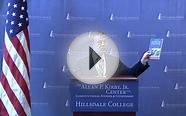
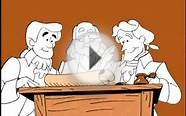
|
How are you going to vote?: the platforms of the Republican and Democratic parties ; including the electoral and popular vote for 1912 and 1916, and a ... of the origin and history of each party Book (University of California Libraries) |
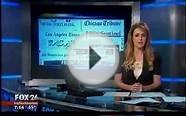
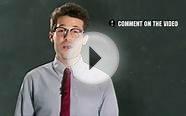








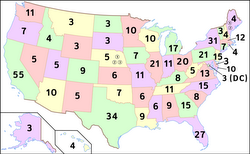 An electoral college is a set of electors who are selected to elect a candidate to a particular office. Often these represent different organizations or entities, with each organization or entity represented by a particular number of electors or with votes weighted in a particular way. Many times, though, the electors are simply important...
An electoral college is a set of electors who are selected to elect a candidate to a particular office. Often these represent different organizations or entities, with each organization or entity represented by a particular number of electors or with votes weighted in a particular way. Many times, though, the electors are simply important...